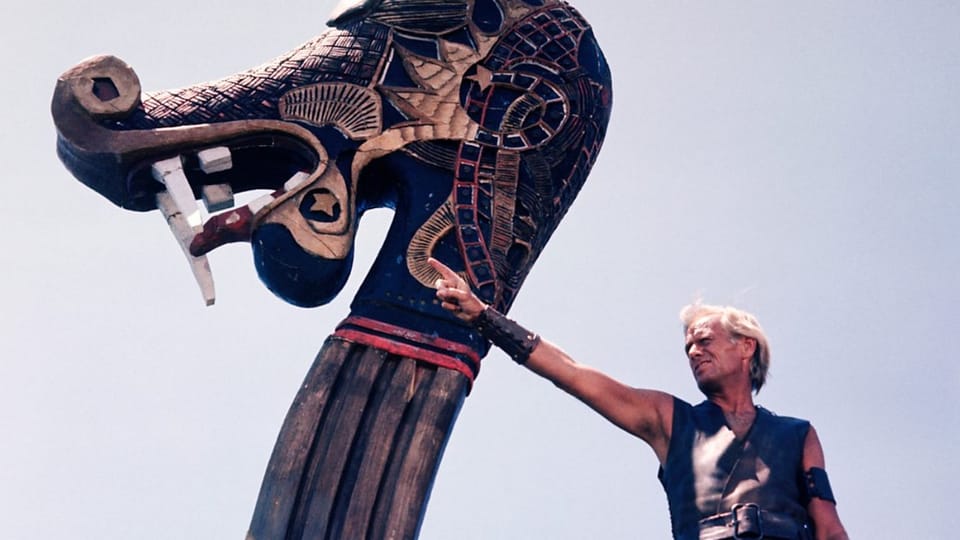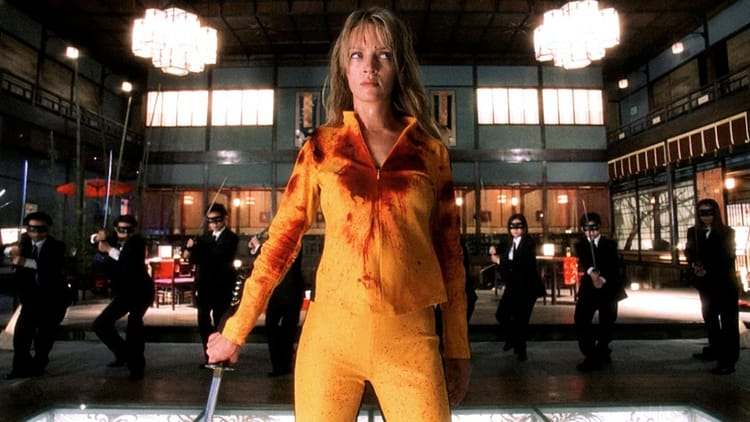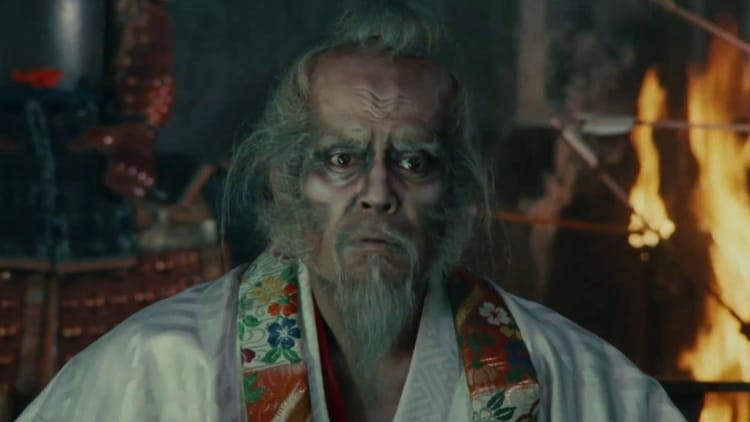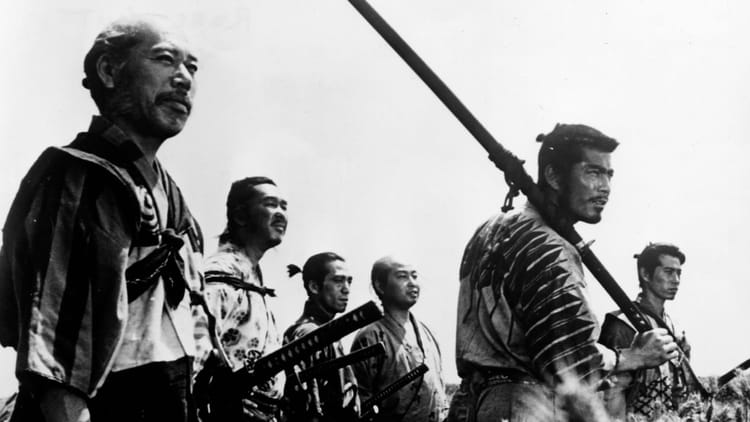The Longships

The Long Ships, a 1964 adventure flick, is a visual feast dripping with action, even if it doesn’t tickle your intellectual fancy. Directed by the maestro Jack Cardiff, starring the ever-cunning Richard Widmark and the ever-regal Sidney Poitier, this Columbia Pictures gem throws Viking raiders and Moorish hordes into a bloody brawl over a gigantic golden bell. Filmed on the stunning coast of Yugoslavia, it’s a visual delight with jaw-dropping landscapes and killer set designs. But here’s the kicker: the script, adapted from Frans Bengtsson’s novel by Berkely Mather and Beverley Cross, is more historically wonky than your drunk uncle at a wedding, and the narrative? A bit of a mess.
Rolfe (Widmark), a Norse adventurer, and Aly Mansuh (Poitier), a Moorish sheik, both chase the mythical Golden Bell of St. James. This treasure, supposedly packed with half the world’s gold and looted from Byzantium, sets off a chain of battles, betrayals, and daring escapes. It’s dynamic, alright, but the storyline feels like it’s had a few too many meads.
Despite the narrative hiccups, The Long Ships nails it visually. Cardiff has a pedigree with classics like The Red Shoes, bringing his A-game to the action sequences. The camera work? Pure art. It captures everything from the craggy Norse villages to the pristine Moorish architecture and the choppy seas. Cardiff’s touch gives the film grandeur, especially in scenes like the intense beach battle and the golden bell heist from the monastery ruins.
Widmark’s Rolfe is all about that noir-style cunning and swagger. His chemistry with Poitier’s stoic and noble Aly Mansuh is electric. But here’s the rub: the film’s tone is all over the place. Widmark goes for camp, while Poitier plays it straight, and the clash in styles makes the whole thing a bit disjointed.
By the Gods, why does this always happen to me? I tell the truth; nobody believes me. I lie; everybody believes me!
The supporting cast? Solid. Russ Tamblyn, Oscar Homolka, Edward Judd, and Lionel Jeffries add layers to the story. Homolka’s Krok, Rolfe’s dad, brings some much-needed humor, while Tamblyn’s Orm is a lively sidekick. The ladies, Beba Lončar as Princess Gerda and Rosanna Schiaffino as Aminah, though short on screen time, add intrigue. Schiaffino’s Aminah hints at a deep backstory, giving her scenes with Poitier an extra emotional punch.
The score? It’s florid and epic, cranking up the drama and enhancing the narrative. The action scenes, from the beach skirmish to the cliffside bell excavation, are Cardiff at his best, blending artistry and chaos into memorable cinematic moments.
But let’s not sugarcoat it. The film had its share of behind-the-scenes drama. Widmark and Poitier clashed over the script, and their different acting styles created tension. Historical inaccuracies and outdated stereotypes, like Jeffries’ problematic blackface eunuch, further mar the film’s legacy.
Despite its flaws, The Long Ships isn’t a total shipwreck. It’s a testament to Cardiff’s directorial chops and his eye for stunning visuals. It’s an entertaining romp that’s more about the spectacle than the story. It’s not going down in history for accuracy, but for those who love a good adventure with epic battles and rich visuals, it hits the mark.





